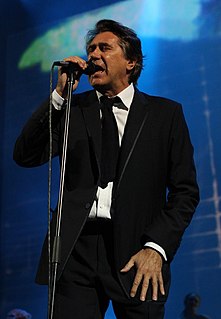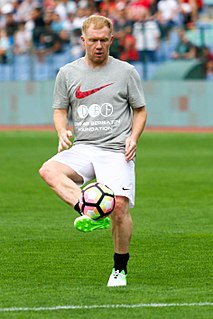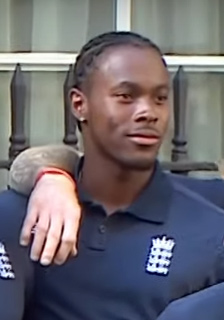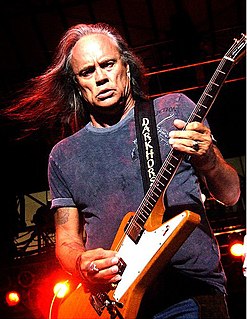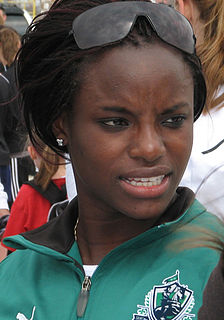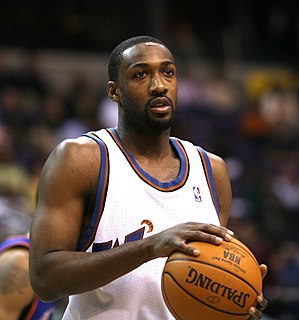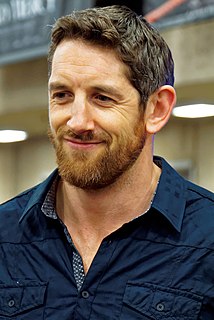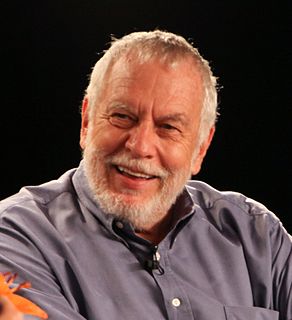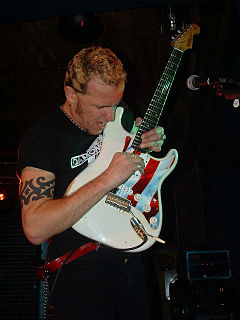A Quote by Bryan Ferry
When I stopped touring in the early '80s for a few years, it was a mistake looking back. I lost touch with my audience in a way and I think that was a bad career move.
Related Quotes
I have a lot of friends who were stand-ups, and they just stopped after a while, because they didn't like that battle, or they just couldn't do it. And then they would get on a sitcom and get visible and get back into it, because the audience was just way easier on them. But they lost those crucial years of learning to turn any audience into your audience.
The future of the church is also about looking back and looking at where we see these wonderful renewals and what we can learn from the early church. I think it is a really exciting time where Phyllis Tickle said every few hundred years the church needs a rummage sale where we can get rid of some of the clutter.
If you take away the last few years, from my last year in Washington, and you think about my career, there was nothing but hard work. I was in the gym three or four times a day, working on my skills. If we lost a game, and I thought I played bad, I'm staying in the gym to keep shooting. That's what I did. That's what I was known for: I was a gym rat.
One of the greatest handicaps is to fear a mistake. You have stopped yourself. You have to move freely into the arena, not just to wait for the perfect situation, the perfect moment... If you have to make a mistake, it's better to make a mistake of action than one of inaction. If I had the opportunity again, I would take chances.
